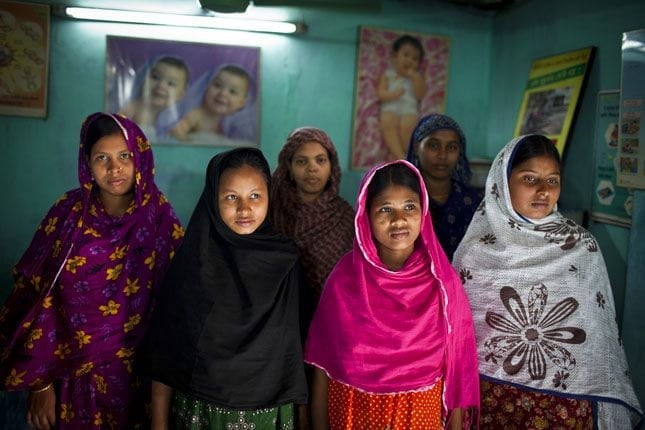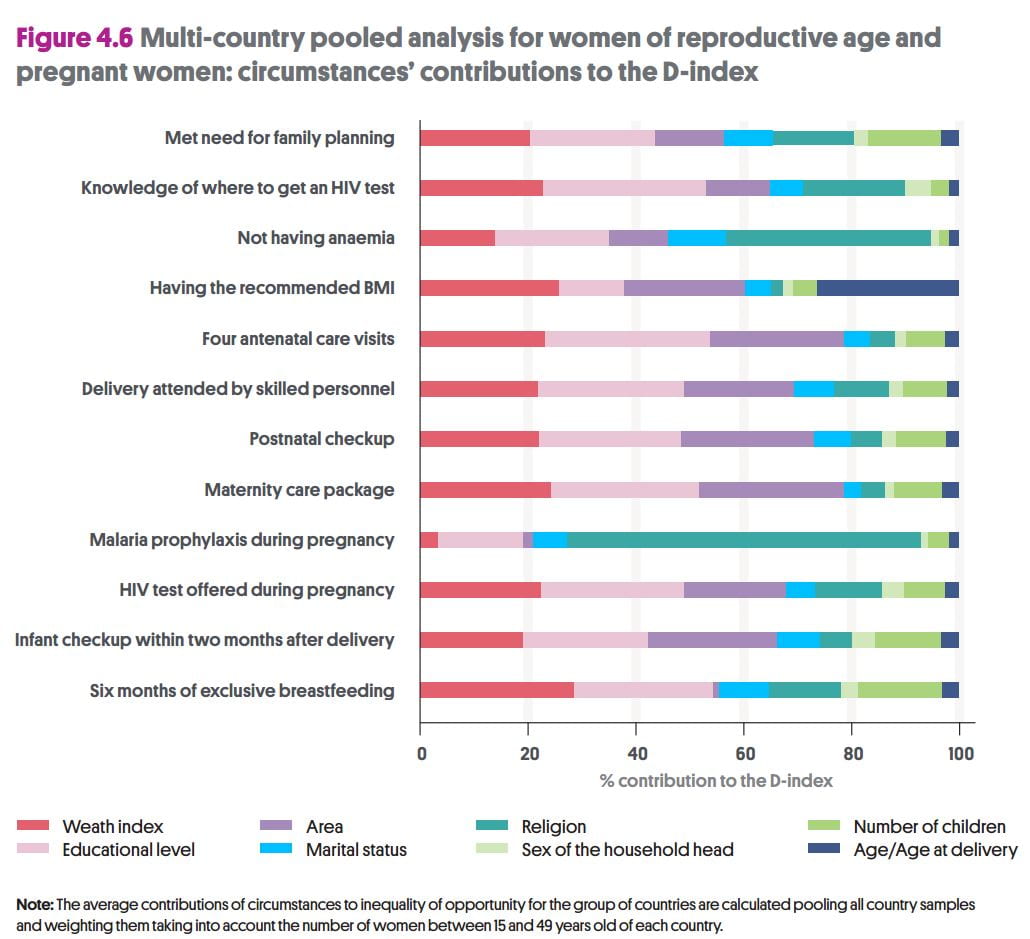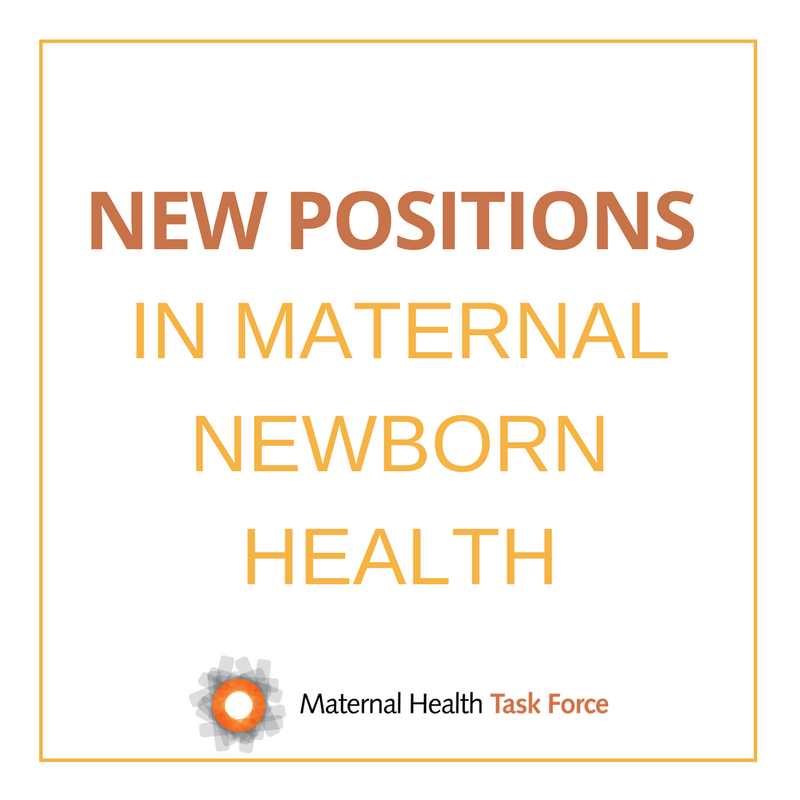Maternal Health Task Force
The Maternal Health Task Force strives to create a strong, well-informed and collaborative community of individuals focused on ending preventable maternal mortality and morbidity worldwide.
677 Huntington Avenue
Boston, MA 02115
Blog
-
The Urban Disadvantage: Rethinking Maternal and Newborn Health Priorities
Urbanization is changing the face of poverty and marginalization, and the maternal and newborn health field needs to change too, said a panel of experts at the Wilson Center on January 24. The so-called “urban advantage”—the idea that one can expect better health outcomes in urban settings—is no longer true. Maternal mortality ratios, neonatal mortality rates and stillbirth rates in slum areas are worse than rural averages in many cases…read more

-
Inequalities in Women’s and Girls’ Health in Sub-Saharan Africa
The Barcelona Institute for Global Health, in partnership with the World Bank Group, recently released a report titled, “Inequalities in women’s and girls’ health opportunities and outcomes: A report from sub-Saharan Africa.” The report analyzes the extent to which 14 health-related opportunities are equitably available to women of reproductive age in 29 sub-Saharan African countries…read more

-
Resource Roundup: Addressing Sexual, Reproductive and Maternal Health in Humanitarian Settings
Meeting the sexual, reproductive and maternal health needs of all women—including those among the nearly 64 million people who are currently displaced worldwide due to armed conflict, natural disasters or other crises—is crucial to achieving the Sustainable Development Goals…read more
-
Restoring Reproductive Health Access for Millions in Boko Haram-Affected Areas
Nigeria has one of the highest rates of maternal death in the world. The risks are compounded for women and girls living through humanitarian crises, which undermine community support mechanisms and limit access to health facilities. UNFPA is working to reach people whose live has been turned upside down by the Boko Haram insurgency…read more
-
Female Genital Mutilation and Implications for Sexual, Reproductive and Maternal Health
Today is International Day of Zero Tolerance for Female Genital Mutilation (FGM). As of 2010, an estimated 100-140 million women have undergone FGM globally, putting them at increased risk of experiencing numerous short-term and long-term sexual, reproductive and maternal health outcomes…read more
-
25 New Positions in Maternal Newborn Health
Interested in a position in reproductive, maternal, newborn, child or adolescent health? Every month, the Maternal Health Task Force rounds up job and internship postings from around the globe. This month, we are featuring jobs at Abt Associates, Management Sciences for Health, Save the Children and more!…read more

-
A Call to Action: Cancer and Maternal Health
According to a secondary analysis of the WHO Multicountry Survey on Maternal and Newborn Health, approximately 2.5% of global maternal deaths from May 2010 through December 2011 were attributed to cancer. The research on different types of cancers and implications for maternal health is extremely limited, and particular attention to non-breast cancers and cancers among women in low- and middle-income countries is warranted…read more
-
MHTF-PLOS Collection: Submission Deadline Extended
The Maternal Health Task Force (MHTF) and PLOS ONE are delighted to announce that the submission deadline for the fifth annual MHTF-PLOS Collection, “Non-Communicable Diseases and Maternal Health Around the Globe,” has been extended to April 1, 2017…read more
-
Measurement, Learning and Evaluation for Maternal and Newborn Health: Perspectives From IDEAS
IDEAS, a project based at the London School of Hygiene & Tropical Medicine, aims to improve the health and survival of mothers and babies by generating evidence to inform maternal and newborn health policy and practice. IDEAS hosted a satellite session at the Fourth Global Symposium on Health Systems Research titled “Measurement, learning and evaluation for maternal and newborn health,” during which the IDEAS team shared key findings and highlighted the importance of learning for maternal and newborn health innovation…read more
-
The Global Epidemic of Unnecessary Cesarean Sections (Part 3)
In addition to geographic variability, researchers have proposed several theories to explain the rise in cesarean deliveries. The global cesarean epidemic is not only a threat to the health of mothers and children around the world, but also to health systems. Swift action from clinicians, researchers, programmers and policymakers is needed…read more